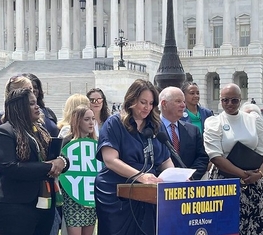Community Norms
Community norms are guidelines for groups or meetings to help facilitate conversations in a positive and productive way. Leagues are welcome to use these community norms for their internal meetings or external presentations.
Overview
Community norms are guidelines for groups or meetings to help facilitate conversations in a positive and productive way. These guidelines serve as an agreement and set standards of behavior among participants.
These community norms are broken down into three categories: interpersonal, participation, and conflict. Leagues are welcome to use any of these community norms for their internal League work or external presentations.
Community Norms
Interpersonal
- Assume good intent and understand impact
- Understand privilege and position; check at the door
- Courage over comfort
- Talk to each other, and not ABOUT each other
Participation
- Participate in meetings fully and limit use of personal devices.
- Foster an environment of learning (i.e., mistakes are OK)
- Step up, step back
- Allow space for conversation and flexibility in agenda as needed
Conflict
- Actively listen; be present, use repeat backs, and ask questions for clarification
- Agree & commit/Disagree & commit
- Allow for new ideas and use positive framing (e.g., "Yes, and..." rather than "Yes, BUT...")
- Embrace hard conversations/conflict
- Agree to “intent/impact” resolution
Related Content
While these are extraordinary times, there are meetings that we must conduct to keep business moving forward. Those that have legal implications, such as annual meetings and state conventions/councils, require some additional preparations to ensure their validity when conducting them in a virtual setting.
If you have additional questions please contact [email protected].
A DEI lens is a way of examining a program, a process, a product, etc with regards to how it is perceived by a variety of communities, voices, and perspectives, and what, if any, barriers may exist that is preventing it from being equitable or inclusive of everyone.
The purpose of this module is to offer a deeper understanding of how to be equitable and inclusive in how we work in our communities and lead our organization.




